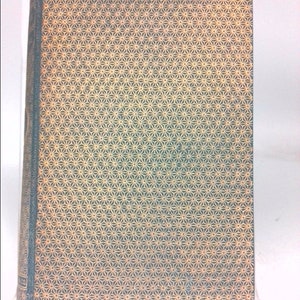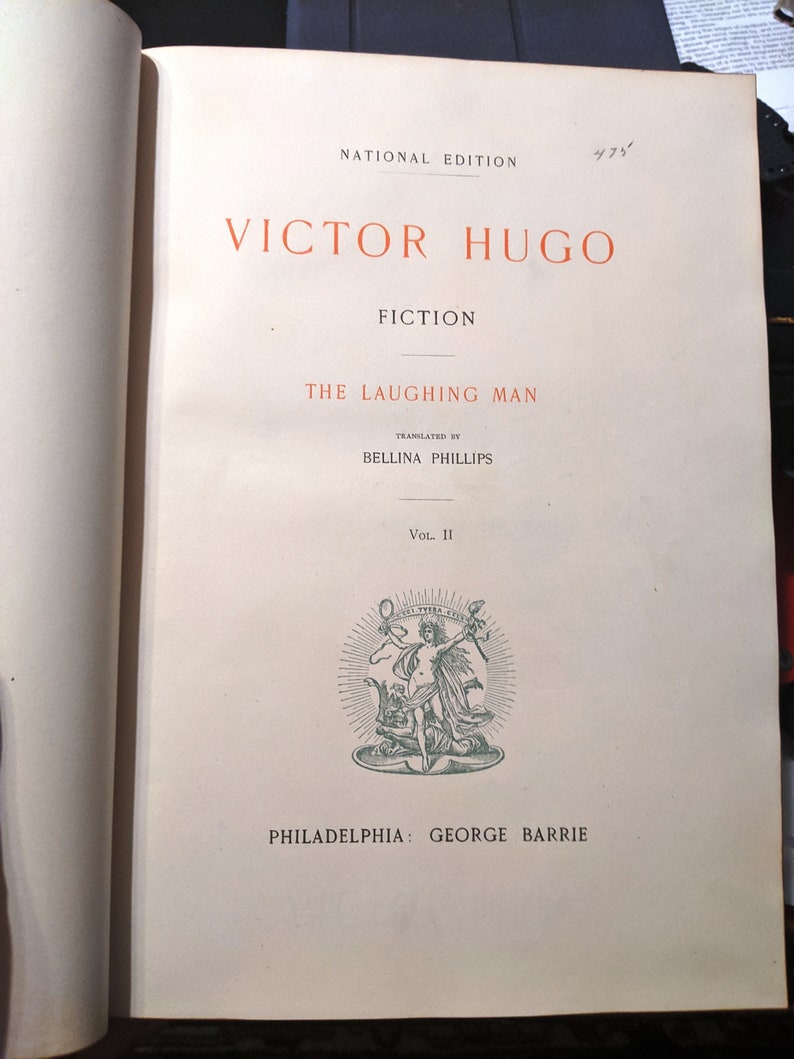
A second carried away the boat, which, like a box slung under a carriage, had been, in accordance with the quaint Asturian custom, lashed to the bowsprit. One wave washed overboard the compass and its binnacle. Forward the bows, aft the quarters, quivered under the terrific shocks. Most of the chain gear, fouled in the blocks, ceased to work. It broke as much from the effect of effluvium as the violence of the wind. The magnetic currents common to snowstorms hastened the destruction of the rigging. The main shrouds gave out although they were turned in, and stoppered to four fathoms. There came, in the twinkling of an eye, a dreadful crash: the top-sails were blown from the bolt-ropes, the chess-trees were hewn asunder, the deck was swept clear, the shrouds were carried away, the mast went by the board, all the lumber of the wreck was flying in shivers. The hurricane, like an executioner hastening to his victim, began to dismember the craft. But in proportion as the vessel, stowing every stitch of canvas, became more helpless, the havoc of both winds and waves increased. These evolutions, though executed in a lubberly fashion, were, nevertheless, thoroughly effective. They battened down the ports and bulls'-eyes, which is a method of walling up a ship. Not satisfied with brailing up, they furled the sails, lashed the earrings, secured the clew-lines, bunt-lines, and leech-lines, and clapped preventer-shrouds on the block straps, which thus might serve as back-stays. There are yet alive very old mariners who remember hearing it.

Let us remark here, by the way, that this ringing buoy, a kind of bell tower on the deep, was removed in 1802.


Let us steer to the west, let us regain the high sea head for the buoy, steer for the bell-there's an offing down there. Strike every sail, my lads let go the sheets, man the down-hauls, lower ties and brails. In the meantime the skipper had caught up his speaking-trumpet.


 0 kommentar(er)
0 kommentar(er)
